JCPOA Prognosis; tenuous at best
Talks to revive the 2015 Iran deal, known as the Joint Comprehensive Plan of Action, JCPOA, remain stalled after a year of intensive diplomacy.
Senior diplomats from Iran and the P 4+1 group, namely Russia, China, Britain, France, and Germany have held many rounds of talks in the Austrian capital Vienna.
The diplomatic initiative to restore the deal has become a long and complex saga. Whether negotiators will finally cross the finishing line is anyone's guess.
All parties have acknowledged that there are a few remaining gaps that need to be bridged between Washington and Tehran before the deal emerges.
But what's keeping the talks from further progress?
It has been repeatedly said that Washington's refusal to remove Iran's Islamic Revolution Guards Corps from its terrorism blacklist is the most important sticking point; however, Iran's top diplomat has given a vastly different account of what is blocking the path of the negotiations.
Foreign Minister Hossein Amir-Abdollahian told the World Economic Forum on Thursday that the issue of the IRGC being on the US black list of terrorist groups is a minor issue that has been exaggerated and magnified by the Israeli lobby adding the assertion that Iran's top priority is the interests of the nation.
Mr. Amir-Abdollahian also warned that American interests and foreign policy have been taken hostage by the Israeli regime.
Israel has made no secret of its opposition to the 2015 deal and diplomacy with Iran and has been engaged in a not so covert campaign to derail the Vienna negotiations.
US President Joe Biden was a vociferous critic of Trump's unilateral withdrawal from the JCPOA in May 2018. During his presidential campaign, he pledged to work to rejoin the agreement.
But has he done so? Iran's top diplomat says that has not been the case so far.
The fact that the United States under the Biden administration has failed to return to compliance with the agreement shows that the United States is not really interested in a rules based international order, because one of the most basic pillars of international law by the United States' own agreement, four United Nations Security Council resolutions, and again, it's binding.
Mark Weber, Director, Institute for Historical Review
Amir-Abdullah he told the World Economic Forum that Biden's policy towards Iran has not been different from Trump's hostile approach.
The Iranian foreign minister said the US president must decide now whether he wants to waste time or courageously return to complying with US commitments under the 2015 deal.
The comments came after a US Special Envoy for Iran, Robert Malley, said the prospects of a return to the Iran nuclear deal are tenuous at best.
Malley made the remarks on the same day that the Biden administration unveiled new sanctions on Iran. The US Special Envoy for Iran noted, however, that Washington still believes it is in the national security interests of the United States to try to salvage the 2015 agreement.
The future of the hard earned international deal remains unclear and could unravel completely if Washington fails to return to its commitments.
Meanwhile, Israel is doing its utmost to prevent any deal between Washington and Iran, just as it did before the JCPOA came into existence in 2015.
No group and no block of people have more power and influence in the United States than Jewish leaders in shaping how Americans think and American attitudes.
And that's not only true, but it's especially true with regard to Iran. The American media is overwhelmingly very hostile to Iran.
And this is in keeping with what Jewish leaders and all those who support Israel really want.
Mark Weber, Director, Institute for Historical Review
Will the administration of Joe Biden be able to withstand the pressure exerted on it by the Israeli lobby and act based on America's national interests?
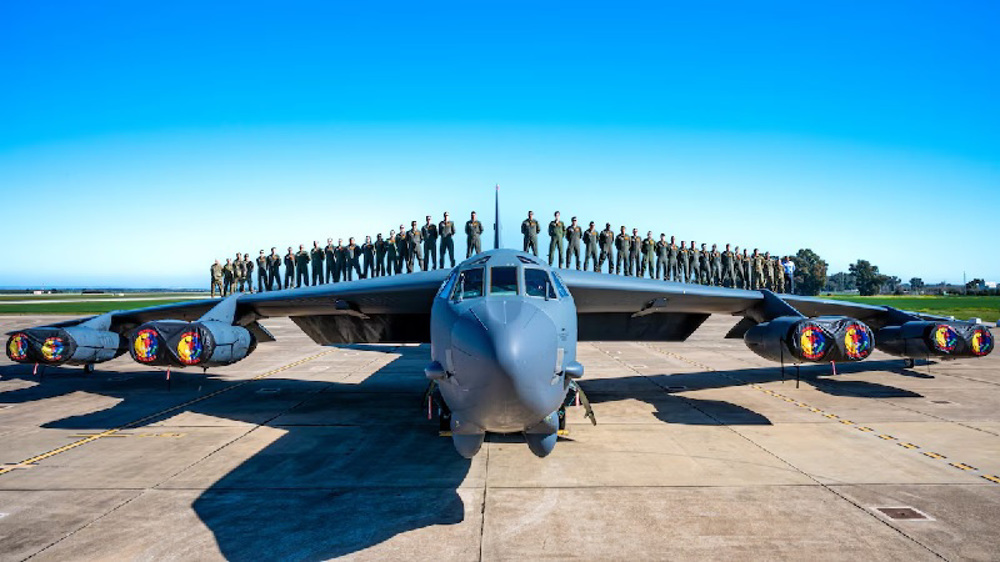
US B-52 bombers in West Asia do not scare Iran
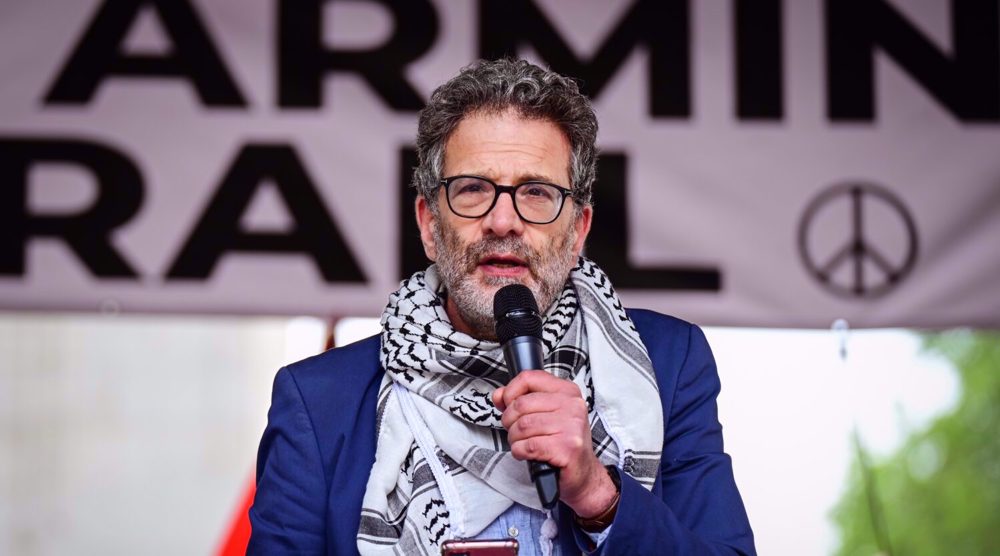
Palestine Solidarity Campaign director on trial

‘Doctors Against Genocide’ demands US Senate stop Trump
VIDEO | Gazans striving to survive with bare hands
'Shocking attack on free expression': Canadian politician slams arrest of pro-Palestine activist
West Bank Palestinians fear Gaza style destruction as Israel escalates raids
Hamas: Ibrahimi Mosque massacre testament to Israel’s criminal policy
Trump eyes Ukrainian rare earth minerals in exchange for military support to Kiev
Six Gaza children, including newborn girl, die of cold weather as Israel blocks aid
Iran rules out nuclear talks with US amid ‘maximum pressure’ campaign
Israeli tanks roll into West Bank first time in 20 years as prelude to forcible annexation


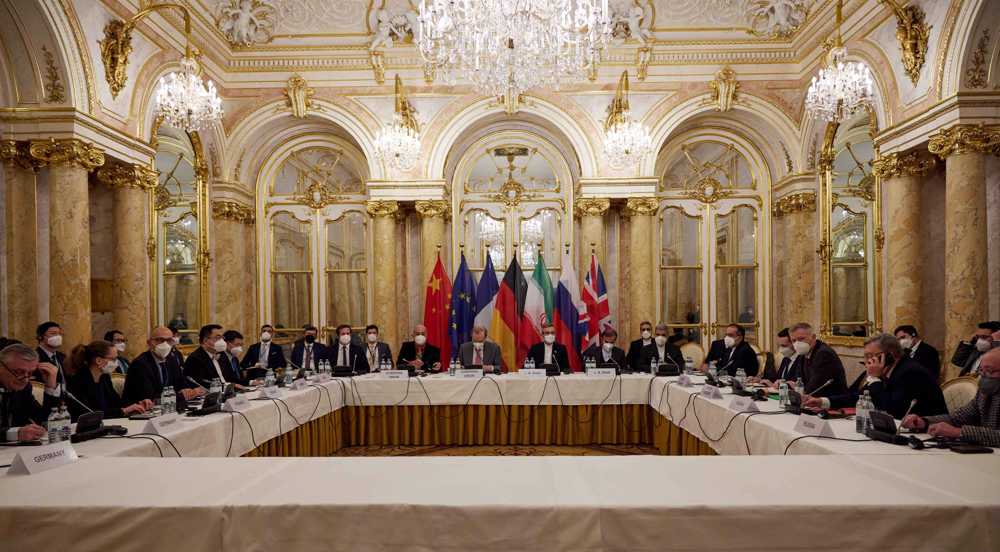
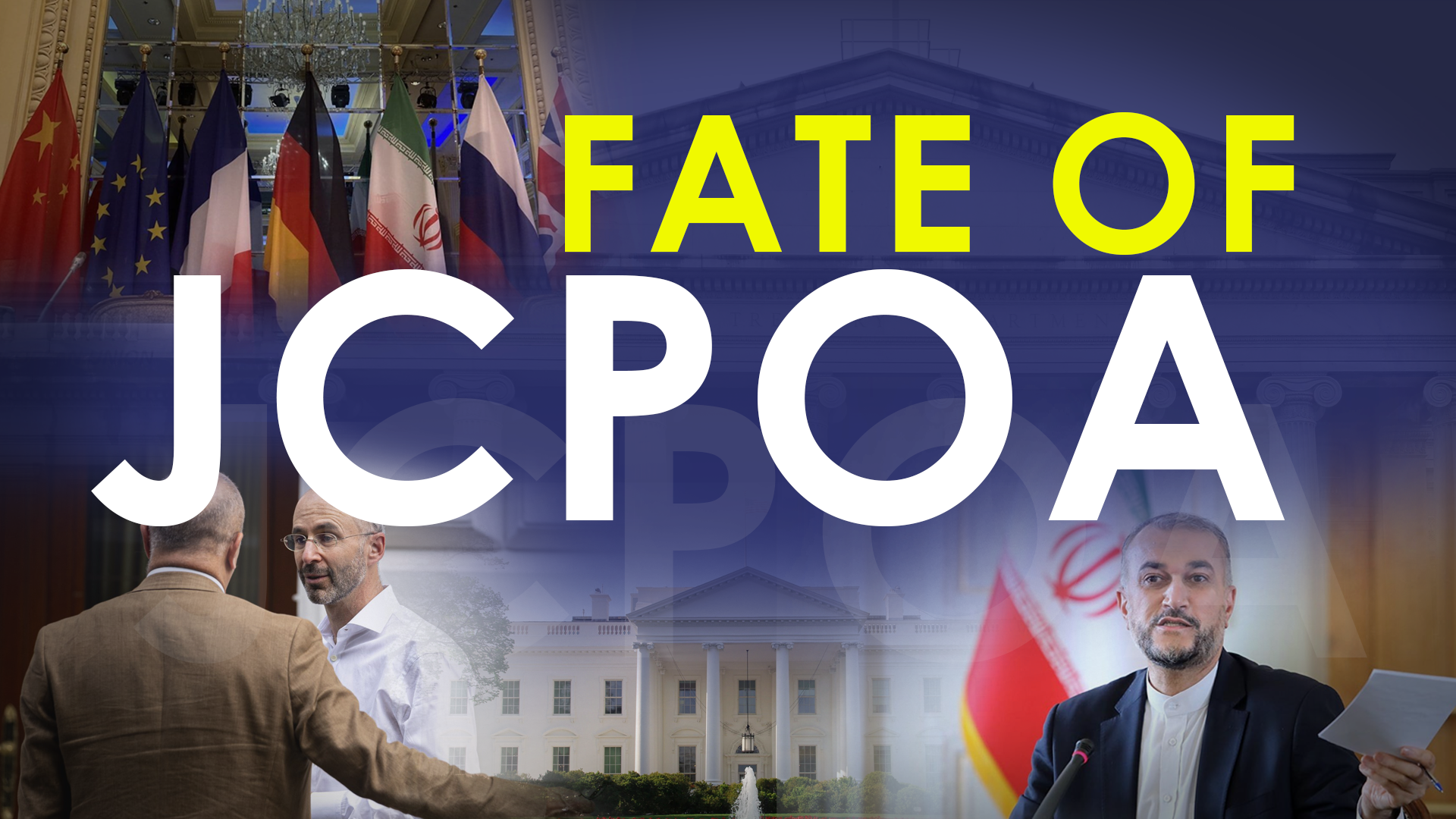
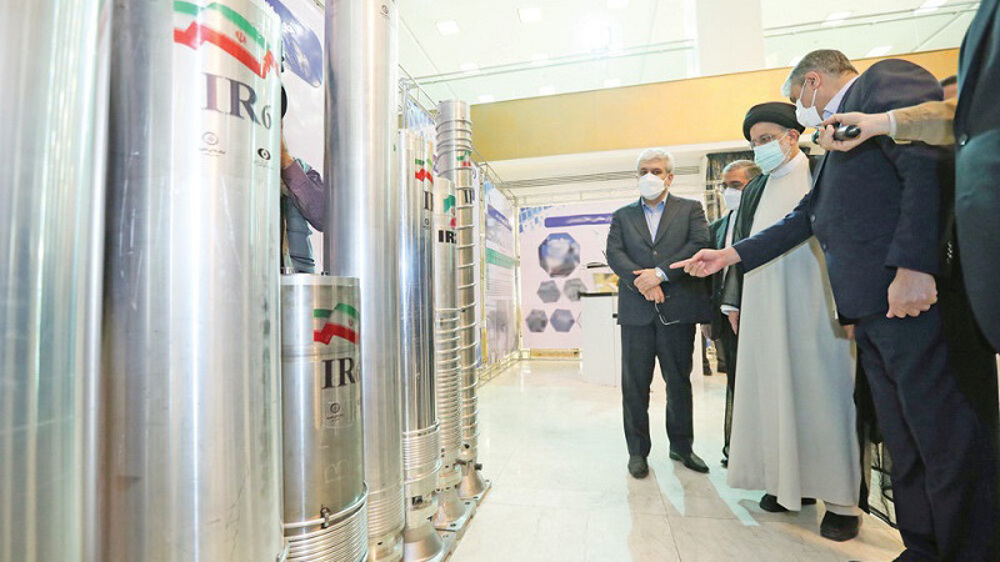
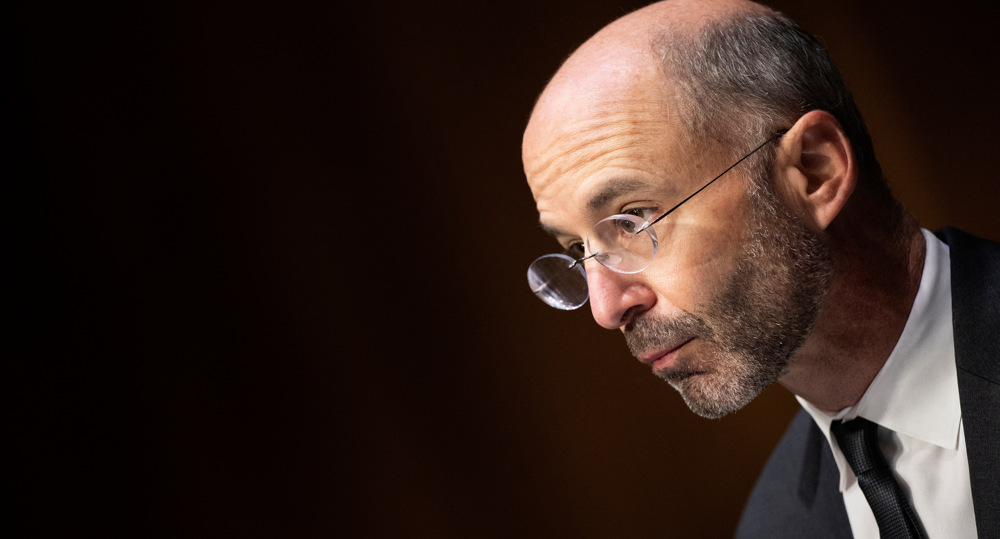
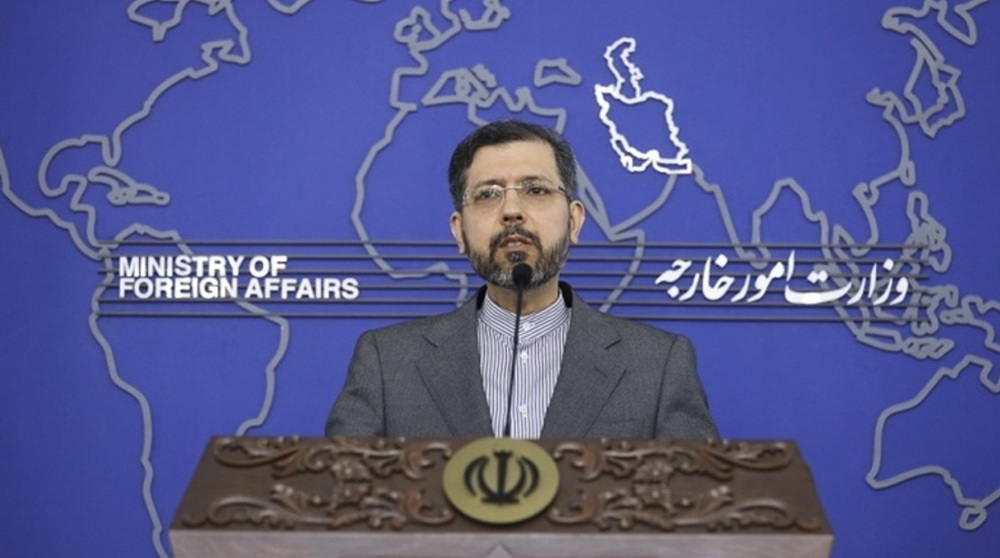
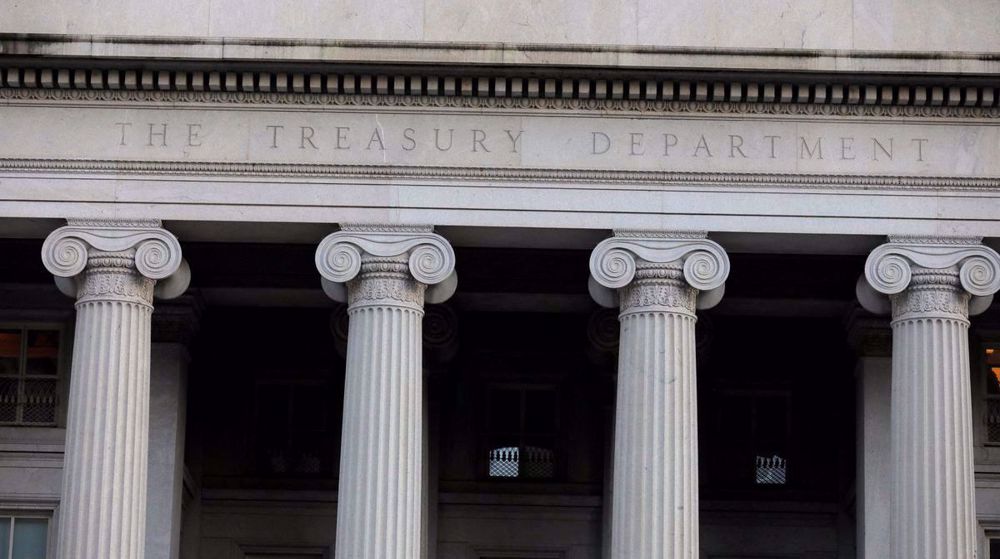



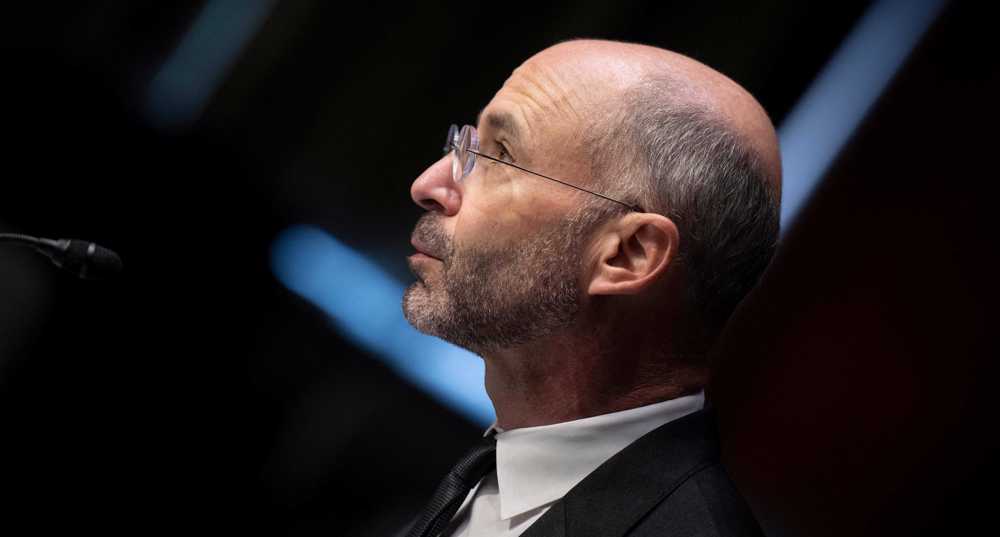
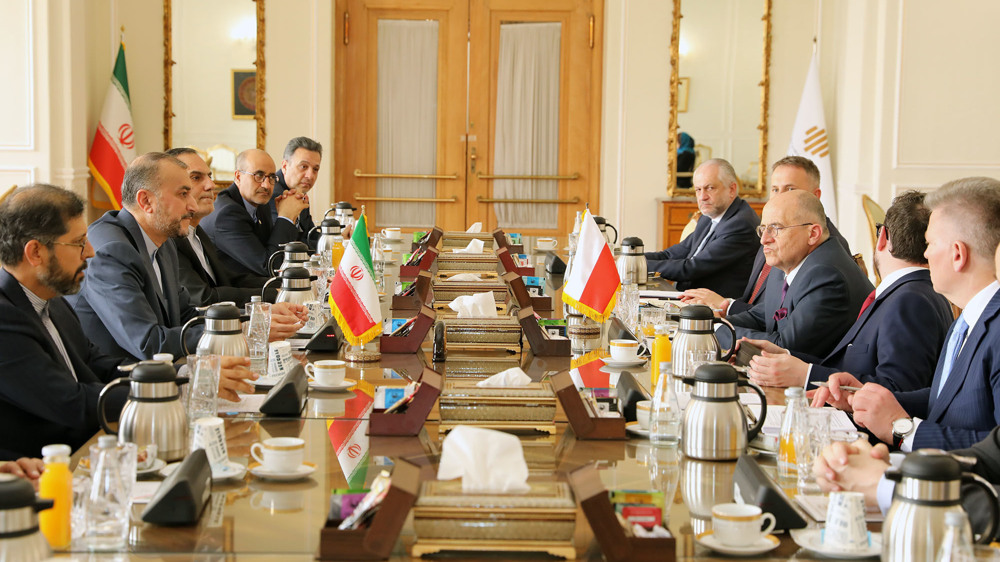
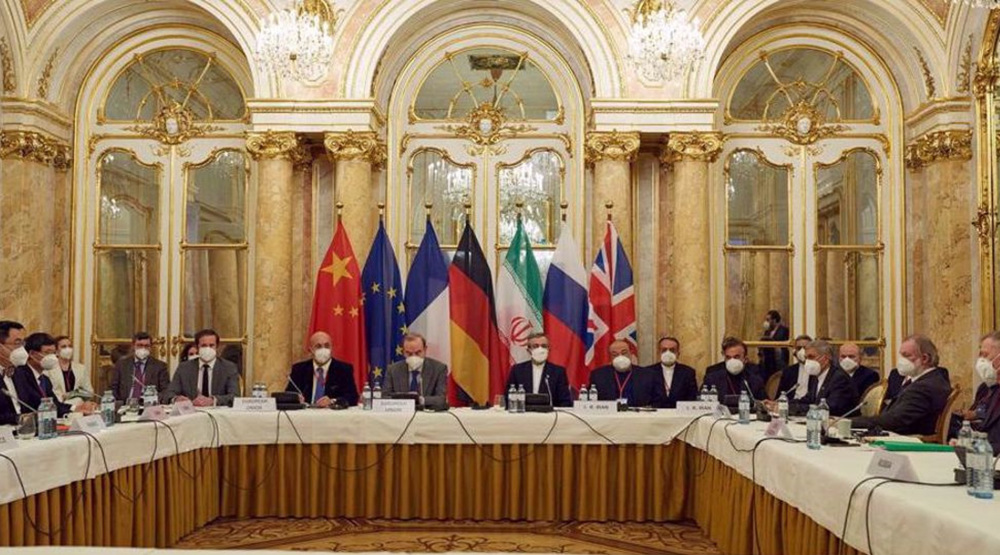
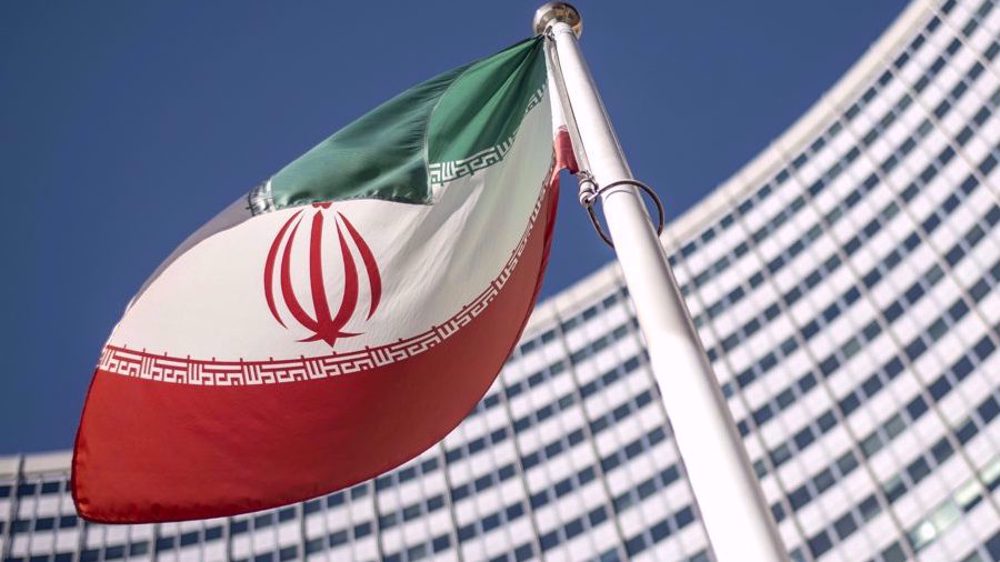
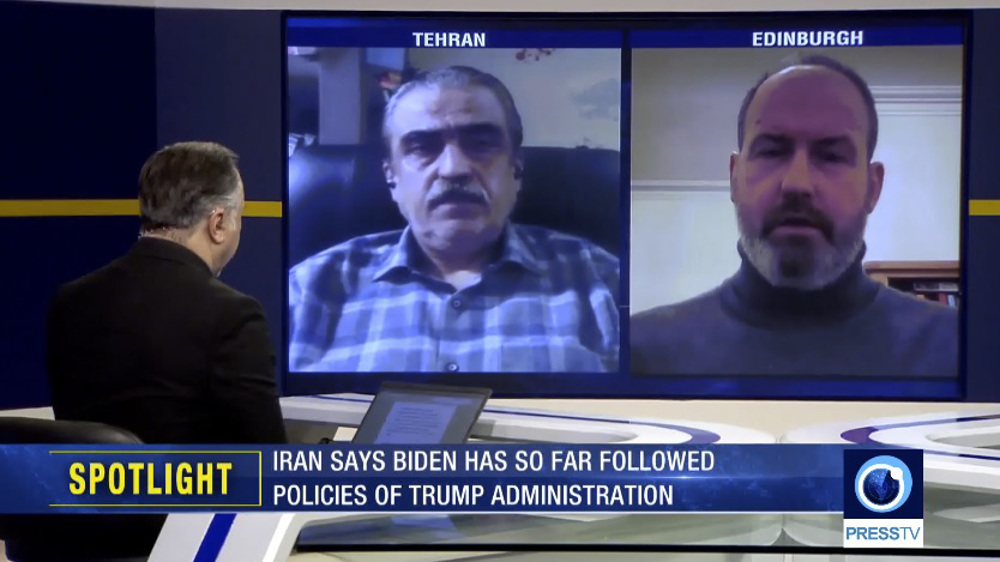
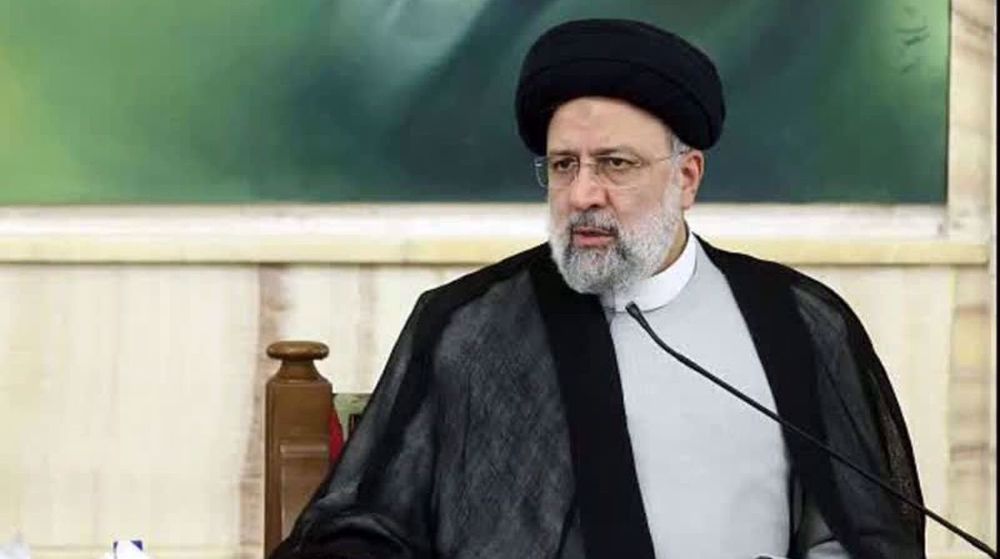
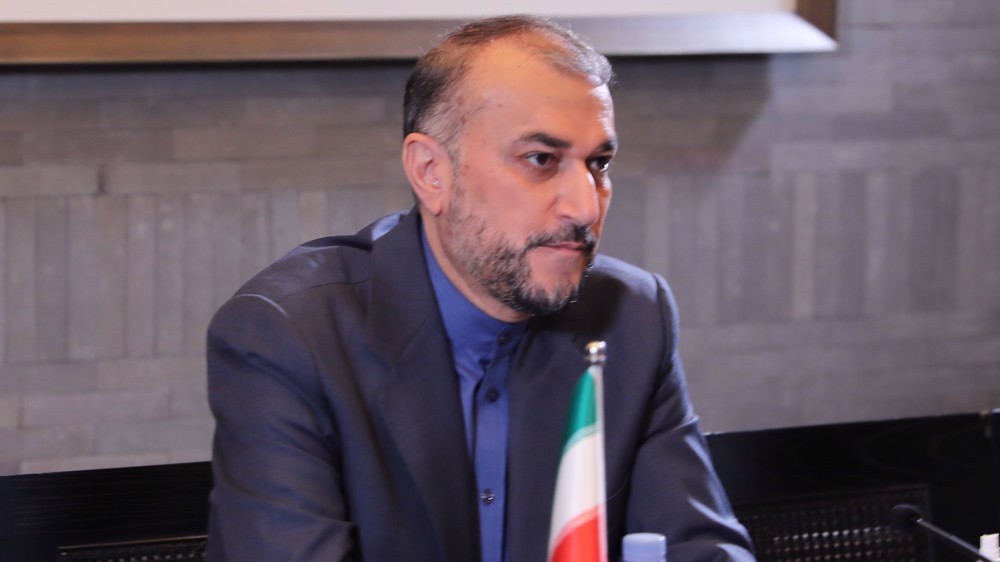

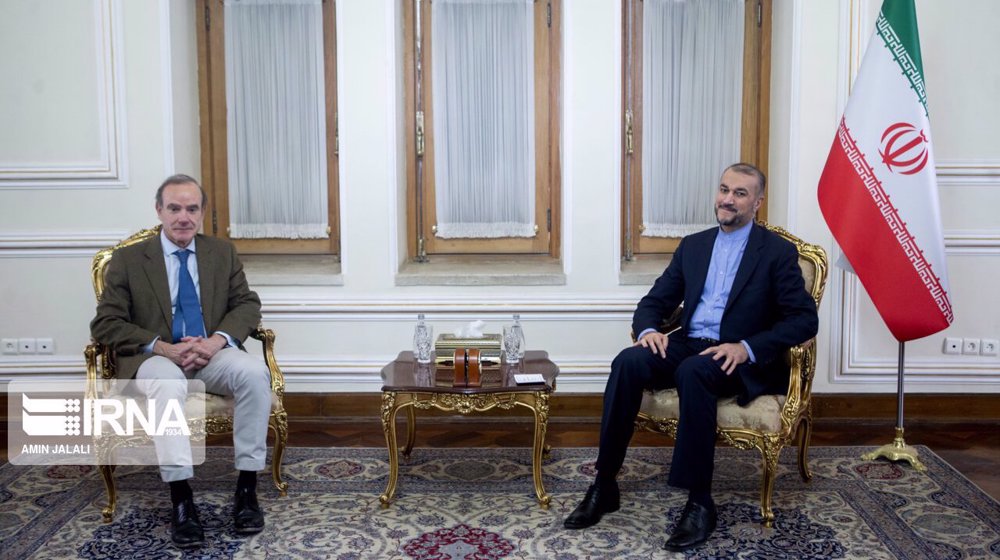

 This makes it easy to access the Press TV website
This makes it easy to access the Press TV website